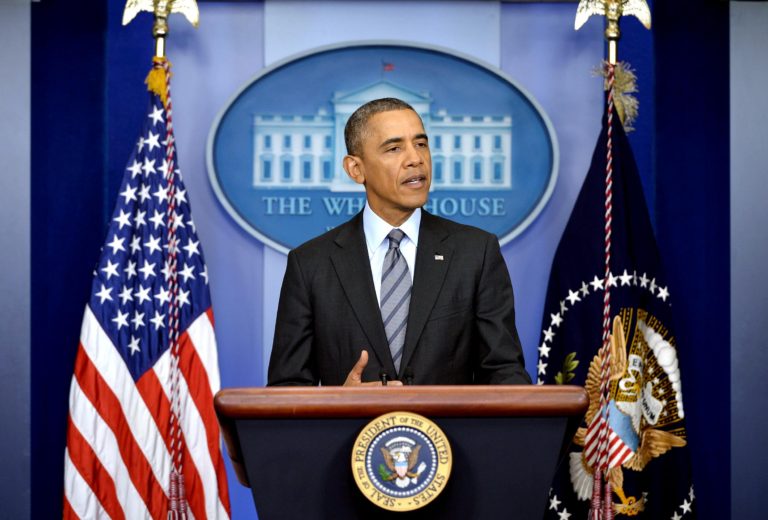Senate Finance Committee Investigating FDA brain stimulation device approval – WSJ
Senate Finance Committee Investigating FDA brain stimulation device approval – WSJ
Thu, 19 May 2005
Another major scandal is erupting about FDA’s approval decisions that contradict its medical officer’s safety concerns.
The Senate Finance Committee is investigating what led the FDA to suddenly reverse its disapproval of Cyberonics’ brain stimulation device for the treatment of depression.
The Wall Street Journal reports: “The positive recommendation came despite the FDA’s presentation to the panel that Cyberonics’ main clinical trial had “failed.”
Furthermore, the device failed to demonstrate effectiveness in another trial.
“Last December, the FDA sent Cyberonics a warning letter that faulted it for failing to follow up on reports of epilepsy patients’ problems, among other practices.”
But in April, Cyberonics announced that the FDA had accepted the company’s response to the warning letter.
AHRP urges the Senate Finance Committee to investigate the FDA’s 50 year failure to enforce its safety studies requirements for electroshock devices which are in the Class III category–meaning they pose severe risks of harm.
Yet, in violation of FDA requirements, ECT manufacturers–Mecta and Somatics– have been selling their devices without ever conducting controlled clinical trials to demonstrate their safety.
Patients–mostly women–who have been subjected to ECT have complained bitterly about the after-effects–which include cognitive impairment and severe lasting, memory loss.
An investigation will show that ECT is a highly profitable cottage industry whose practitioners have unacknowledged, pervasive conflicts of interest.
ECT economics:
An in-hospital ECT series can cost anywhere from $50,000-75,000. Using a low figure of 100,000 Americans who are electroshocked annually, most of who are covered by private or government insurance, ECT brings in $5 billion a year.
ECT and Cyberonics’ vagus nerve stimulator are examples of a disturbing direction in which psychiatry is heading–especially in the wake of the evidence showing that the much touted SSRI antidepressants are neither effective, nor safe.
Psychiatry is scrambling toward more radical “therapeutics” that are likely to cause far more neurological damage than the drugs.
Just as the American psychiatric establishment had misled the public about its wonder drugs, psychiatry is now jumping on a bandwagon to promote and lend legitimacy to radical, invasive, therapeutics whose safety has not been proven in controlled clinical trials, but whose mechanism of action damages patients’ higher brain function.
See: American College of Neuropsychopharmacology (ACNP). Neuropsychopharmacology: The Fifth Genration, Editors, Kenneth Davis, Dennis Charney, Joseph Coyle, Charles Nemeroff, 2002. See, Chapter 76 Electroconvulsive Therapy: Sixty years of progress and a comparison with transcranial magnetic stimulation and vagal nerve stimulation, by William McDonald, Vaughn McCall, Charles Epstein. With funds from NIMH and NARSAD. http://www.acnp.org/g5/default.html
Psychiatry and the brain device industry are relying on their ability widely to disseminate false claims about “positive” results—-without scientific evidence–and on their ability–without evidence–to blame all damaging effects of such “therapeutics” on the course of illness of their patients.
Contact: Vera Hassner Sharav
212-595-8974
![]()
THE WALL STREET JOURNAL
May 19, 2005
Brain Neurostimulation Shown to Relieve Severe Depression for Some Patients
Ruling on Medical Device Examined
By ANNA WILDE MATHEWS
May 19, 2005; Page D2
The Senate Finance Committee is examining the Food and Drug Administration’s handling of a medical device that its manufacturer wants the FDA to approve as a treatment for serious depression.
The device, which is called a vagus nerve stimulator and works by stimulating a nerve in the neck, is made by Cyberonics Inc. of Houston. It was approved by the FDA in 1997 to treat epilepsy. The company now is seeking agency approval to market the device for the treatment of patients with depression that hasn’t responded to other therapies.
The FDA rejected the company’s application in August, but in February reversed course, moving the product closer to approval.
In a statement, Cyberonics Chairman and Chief Executive Robert P. Cummins said the company has received a letter from the committee in which the Senate panel said it was “examining the FDA’s handling of” the application and that the FDA’s shift came “despite the strong objections from FDA scientists involved in evaluating the safety and efficacy” of the device’s use. The committee letter, Mr. Cummins’ statement said, “alleges no wrongdoing on Cyberonics’ part and informally requests that Cyberonics provide certain information” to the committee, and that the company plans to cooperate.
This device, made by Cyberonics, sends mild pulses to the vagus nerve to help reduce the frequency of epileptic seizures.
Mr. Cummins in an interview said he doesn’t expect the committee’s activity to affect the company’s bid for FDA approval, and that the company has met the conditions the agency laid out to obtain approval. The Senate’s examination isn’t “material” to the company, Mr. Cummins said.
The FDA changed its view of the device after Cyberonics offered “improved safety and effectiveness data,” he said.
In his statement, Mr. Cummins said the company also agreed to conduct rigorous surveillance if it obtains approval. He also said the company “exercised its legal right to petition Congress…to help us understand why” the device wasn’t approved. The statement also said several lawmakers “asked FDA for an explanation and provided Cyberonics with advice.”
A spokeswoman for the Senate Finance Committee, which has been investigating FDA’s general handling of safety issues, declined to comment.
An FDA advisory committee that reviewed the device last June voted that it should be approved to treat treatment-resistant depression. The positive recommendation came despite the FDA’s presentation to the panel that Cyberonics’ main clinical trial had “failed,” because it hadn’t shown that people treated with the device had significantly better results than those who had the device implanted but not activated. A different analysis offered by the company also didn’t demonstrate the device was better than standard treatments for depression, the FDA reviewer wrote in the June presentation.
An FDA spokeswoman declined to comment on the device, but said generally, “if a company is issued a ‘not approvable’ letter and the FDA believes the response is adequate to address the issues raised, then FDA may issue an approvable letter.”
Last December, the FDA sent Cyberonics a warning letter that faulted it for failing to follow up on reports of epilepsy patients’ problems, among other practices. In April, Cyberonics announced that the FDA had informed the company that its response to the December warning letter was “complete and adequate.”
FAIR USE NOTICE: This may contain copyrighted (© ) material the use of which has not always been specifically authorized by the copyright owner. Such material is made available for educational purposes, to advance understanding of human rights, democracy, scientific, moral, ethical, and social justice issues, etc. It is believed that this constitutes a ‘fair use’ of any such copyrighted material as provided for in Title 17 U.S.C. section 107 of the US Copyright Law. This material is distributed without profit.


